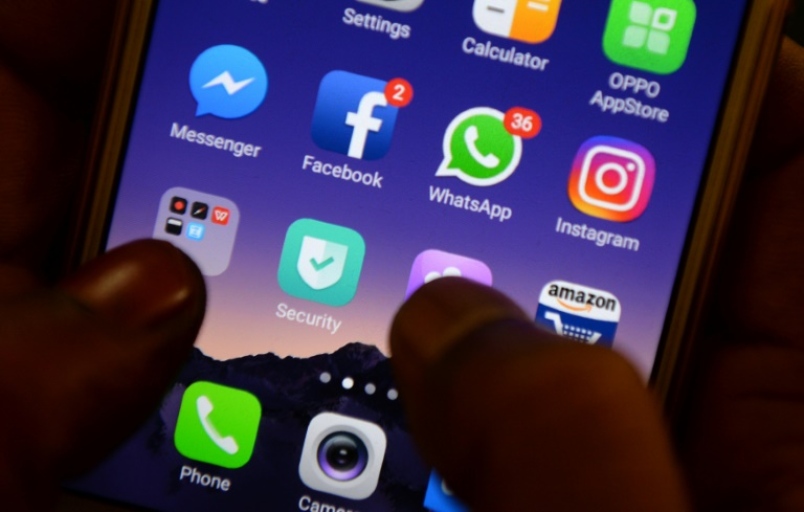Citizens have rallied behind a call by parliamentarians for the government to scrap the proposed US$50 cellphone levy saying the tax would negatively impact access to information and promote the digital divide.
During the 2022 National Budget Presentation, Finance and Economic Minister, Professor Mthuli Ncube, proposed to “introduce a levy of $50 which will be collected prior to registration of new cellular handsets by Mobile Network Providers.”
His explanation was that cellphones attracted a 25 percent duty but funds realised from the imported goods showed evasion of the customs duty as the mobile phones were ‘easily concealed.’
Parliamentarians and analysts attending a post-budget seminar concurred that the duty should be scrapped, arguing it would discourage the use of Information Communication Technologies (ICTs) and the promotion of e-learning in remote areas.
“It is a terrible idea to levy taxation on new gadgets, think the finance minister, should be creative around taxation. As to where he should get his money, I don’t know but it must be far away from these gadgets that have increased access to information in the communities,” said media scholar Clayton Moyo.
“We have made strides as a country in terms of getting more people to communicate to share information. This is not progressive at all!”
A high school tutor, Marilyn Ncube, said taxing new handsets was unfair as the telecommunications sector was already heavily taxed.
“Smartphones, high tech laptops plus the cost of data are very expensive. Now add more taxation levy, this will kill our communication and us in the process. Mobile operators are constantly raising the cost of data which is now a luxury. The government must scrap this cellphone levy,” she said.
With internet freedoms and digital rights remaining a luxury for ordinary citizens, the Media Southern Institute of Southern Africa (MISA) Zimbabwe said the digital divide between low-income earners and high-income earners continued to widen.
“MISA Zimbabwe urges the government, Parliament and the Postal and Telecommunications Regulatory Authority of Zimbabwe (POTRAZ), to make sure that universal access to technology and the internet becomes a reality. The principles pertaining to internet access and affordability, democratic multi-stakeholder internet governance, the openness of the internet, among others, are clearly laid out in the African Declaration on Internet Rights and Freedoms,” said the organisation.
MISA Zimbabwe noted the focus of the government should be increasing uptake in the usage of ICTS and not impose more taxes that widened the digital divide.
“According to the Alliance for Affordable Internet Device Pricing Review in Sub-Saharan Africa, the average price of a smartphone is 45 percent of the average monthly income of ordinary citizens. In that regard, while ownership of smartphones is one of the four pillars of meaningful connectivity, the high cost of these devices is the reason why some people do not use the internet which the African Declaration on Internet Rights and Freedoms has declared a fundamental human right,” said the watchdog.
The watchdog argued that the importance of internet access and use in this digital age cannot be over-emphasised as has been experienced in the wake of the COVID-19 pandemic.
“Internet access has been accepted and stressed the world over as a human right through international frameworks and standards, resolutions, general comments and conventions by regional and international bodies.
“In Zimbabwe specifically, this has been demonstrated, for example, through the establishment of the Universal Services Fund and the setting up of community information centres to provide telecommunication services and information to rural and marginalised communities,” MISA Zimbabwe said.

